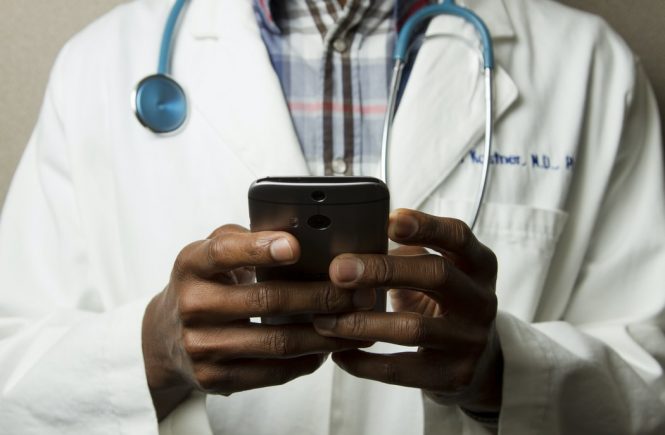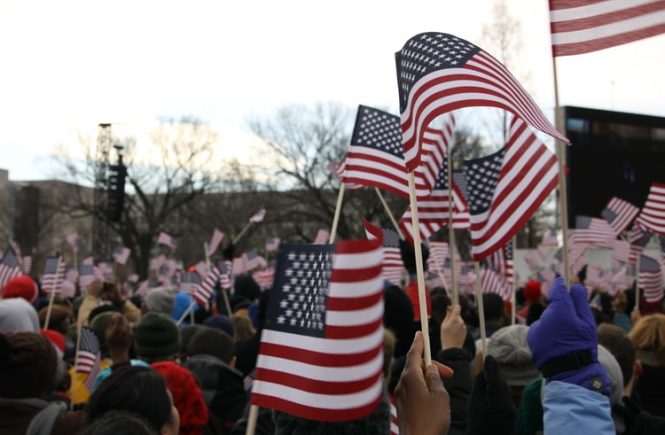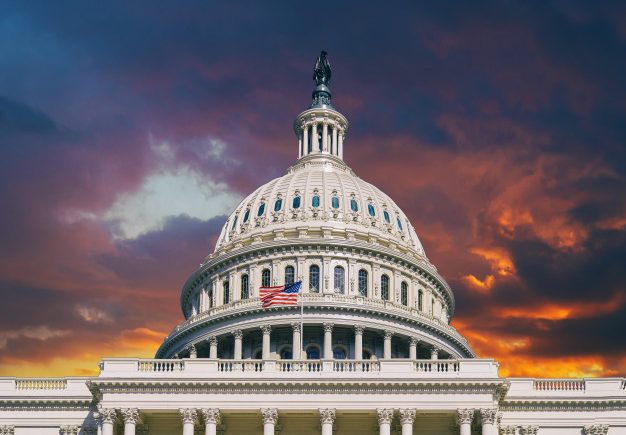Invasion of the Body Snatchers: Where Have All the Doctors Gone?
By author/contributor Marilyn M. Singleton, M.D., J.D.,
After a 20-hour encounter beginning at 9:30 p.m. in the emergency room at my health plan’s hospital, I honestly don’t know what it means to be a doctor any more. When my husband who had a history of bilateral pulmonary emboli developed chest pain, I thought it prudent to go to the emergency room.
We were triaged to the hallway, as there were no rooms. There was an empty room a few feet away, but it had dirty dressings on the floor from the last patient.
After seeing our admitting physician in our hallway “room,” I had high hopes. She had a smile and a white coat over her scrubs and had a note pad and pen. She listened to us.
When my husband offered that I was a physician, she asked what kind and asked what my concerns were. (The next day, she sent my husband an email thanking him for being a good patient, my input, and that she appreciated that we were doing our best to stay healthy.)
Then we were left to the nursing staff and two shifts of physicians who seemed to think they were very special, like stars on a television show called “ER.”
In the charting room, people in scrub attire or T-shirts entered data at more than 20 computer screens. This scene reminded me of a telemarketing sales boiler room. And this fit the level of caring of most of the staff.
I told the evening shift nurse that the pulse oximeter was not working. As an anesthesiologist, I am familiar with the machine. She said that it had been broken all day. My husband, an engineer, asked, smiling, “Then why did you put it on my finger?” She said they were supposed to put it on—and left it there.
Another nurse wanted to put my husband in the dirty room since it was “just for a x-ray.” I advised that there were dirty dressings on the floor and the last patient could have had an infection. He acquiesced and let us go to the cast room for the x-ray.
One of our day nurses kept his back to the bed during his questioning, focusing more on the computer than the patient. He wore a red T-shirt that said “emergency room” on it – the kind you get at a trade show.
He spoke in jargon and abbreviations, and my husband constantly had to ask what he meant. Are they in the new text-talk generation where URROFL (you are rolling on the floor, laughing), or are they showing how superior they are?
Are these the people to whom the authors of the Affordable Care Act want us to cede our profession?
My husband was to have a treadmill test at 9:45 a.m. By 6:00 a.m., after 9 hours without an IV or eating or drinking, I asked could he have anything to eat or drink—even water. The doctor said “no” without thinking.
I said it seemed counterintuitive to have a low blood sugar and dehydration while doing an exercise stress test. He handed us the treadmill instructions. I read aloud the instruction stating that the patient is to have a light meal up to three hours before the test.
Instead of owning that he misspoke, he tried to equate a treadmill test to a general anesthetic where patients should have an empty stomach. At the test my husband was offered water.
When discharge time mercifully arrived, my husband asked our discharging physician about co-pays and whether we needed to pay on our way out. He dismissively said he didn’t know—and didn’t need to say that he didn’t care. He gave the impression that he was content to do his shift and go off to Pilates class.
All but three of the 18 “health professionals” with whom we were in contact in the emergency room were unprofessional and resentful of questions. This appears to be the future of “healthcare reform.”
That is why physicians who still believe that medicine is a calling must resist. They must assert leadership, and not simply follow the flock of sheep.
 Dr. Marilyn M. Singleton, MD, JD is a board-certified anesthesiologist and member of the Association of American Physicians and Surgeons (AAPS).
Dr. Marilyn M. Singleton, MD, JD is a board-certified anesthesiologist and member of the Association of American Physicians and Surgeons (AAPS).
Dr. Marilyn Singleton ran for Congress in California’s 13th District in 2012, fighting to give its 700,000 citizens the right to control their own lives.
While still working in the operating room, Dr. Marilyn Singleton attended UC Berkeley Law School, focusing on constitutional law and administrative law. She also interned at the National Health Law Program and has practiced both insurance and health law.
Dr. Marilyn Singleton has taught specialized classes dealing with issues such as the recognition of elder abuse and constitutional law for non-lawyers. She also speaks out about her concerns with Obamacare, the apology law and death panels.
Follow Dr. Marilyn Singleton on Twitter @MSingletonMDJD
More info about Dr. Marilyn Singleton


